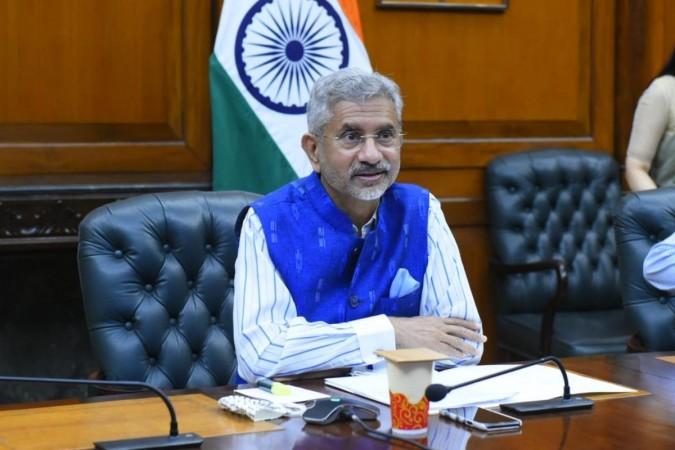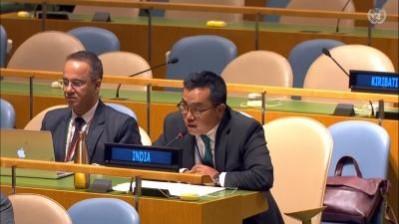
Ever since the arrest of Delhi Chief Minister Arvind Kejriwal's arrest, the Ministry of External Affairs has had to be on overdrive defending the actions of the Government of India. On Thursday, yet again External Affairs Minister S Jaishankar found himself dismissing a senior UN official's remark expressing concerns on elections in India.
"I don't need the United Nations to tell me our elections should be free and fair. I have the people of India. The people of India will ensure that elections are free and fair. So don't worry about this," he said while campaigning for BJP candidate Rajeev Chandrasekhar who is contesting from the Thiruvananthapuram constituency.
Jaishankar's statement was a response to a question on the remark made by a Stephane Dujarric, the spokesperson for the United Nations Secretary General, who had said that they hoped that in India, people's political and civil rights were protected and the elections were conducted in a free and fair manner.
Djurraic had made the comment when he was asked about the "political unrest" in India ahead of the Lok Sabha polls and specifically the arrest of opposition leader Arvind Kejriwal and the frozen bank accounts of the Congress party. "What we very much hope is that in India, as in any country that is having elections, that everyone's rights are protected, including political and civil rights and everyone is able to vote in an atmosphere that is free and fair," Dujarric had said.
But Djurraic's comments apart, MEA, Government of India, has been working overtime since March 21 when Kejriwal was arrested and sent to 6 days of ED custody the very next day. The ruckus and political noise followed on social media, followed up by mainstream western media and a few days later Germany became one of the first countries to respond to the arrest.
Spokesperson of the German Foreign Ministry Sebastian Fischer minced no words when he said, "Kejriwal was entitled to a free and fair and impartial trial and this means he can make use of all available legal avenues without restrictions." In a statement that did not go down well with the Government of India, he also added, "We have taken note of the case. India is a democratic country. We assume and expect that the standards relating to the Independence of the judiciary and basic democratic principles will also be applied in this case."
The Ministry of External affairs issued a demarche and summoned the German Deputy Chief of Mission in New Delhi to register India's strong protest on the comments and "India's internal matter." The statement issued also noted, "We see such remarks as interfering in our judicial process and undermining the independence of our judiciary."

While the differences with Germany were later ironed out with the spokesperson claiming that he would no longer like to "report from the confidential conversation with India now." He also added, "Both sides have a great interest in deepening the cooperation."
However, soon after Germany, the US State Department official expressed his opinion on the issue and also said that, "the US was closely monitoring the situation." The MEA did a repeat with the US and summoned the US Acting Deputy Chief of Mission Gloria Berbena. India again protested the remarks and said, "it strongly objected to the remarks of the spokesperson of the US State Department about certain legal proceedings in India."
The move did not go down well with the US doubling down on India and standing firm with its comments. State Department spokesperson Matthew Miller reiterated, "Washington encourages fair, transparent, timely legal processes and we don't think anyone should object to that." Like the UN Secretary General spokesperson, he also mentioned Congress party's frozen bank accounts.
Is it just the start of diplomatic tightrope walk for India? Either way, Minister of External Affairs S Jaishankar, will increasingly find himself protesting against the statements coming from outside, explaining back home about them.















